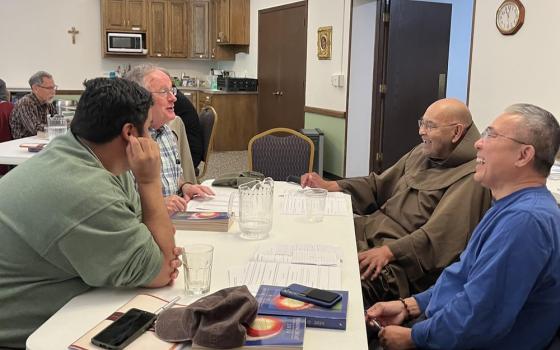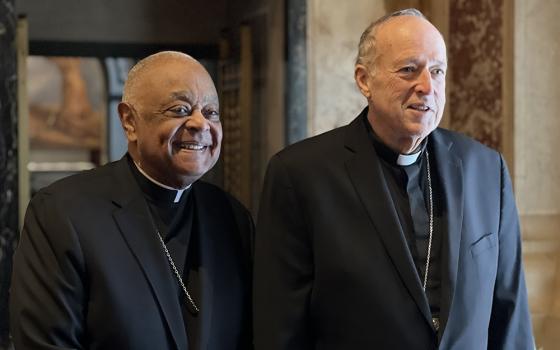CIUDAD JUAREZ, Mexico -- Father Oscar Enriquez minces few words when describing the impact of sending up to 7,500 soldiers to quell the drug and gang violence in this border city of 1.3 million residents.
The same goes for his assessment of the impact of sending 5,000 Federal Police officers.
"The statistics don't lie. The number of homicides has increased. Kidnapping has increased. Extortion has increased throughout the city," said Father Enriquez, pastor of the Holy Spirit Parish, which serves a congregation of low-wage factory workers on the southern outskirts of town. "The city continues being a city kidnapped by organized crime in spite of the presence of the military and the Federal Police."
Father Enriquez's unfavorable assessment of the military and police presence has become more common of late in Ciudad Juarez. Violence attributed to warring cartels, crimes committed by gangs affiliated with the cartels and a federal crackdown have claimed an estimated 800 lives in Ciudad Juarez this year -- and more than 4,000 lives since President Felipe Calderon took office in December 2006.
Equally disquieting for Father Enriquez, director of the Paso del Norte Human Rights Center, have been the growing number of allegations of human rights abuses -- ranging from extortion to illegal raids to forced disappearances -- against the military and Federal Police.
In the case of the military, the National Human Rights Commission reported it had received 3,388 complaints of abuse nationwide from 2007 to 2009.
The increased allegations of abuse and the rising death toll have fueled perceptions in Ciudad Juarez -- a key transit point for sending drugs northward and bringing guns southward -- that the military is ill-trained to take on the cartels and perform police work.
"The military option was a disaster," said Gustavo de la Rosa Hickerson, former investigator for the Chihuahua State Human Rights Commission. "Instead of coming to lower the level of violence, it was totally ineffective for ending the violence, and those causing the violence seized control of the city."
De la Rosa previously investigated allegations of abuse against soldiers and police in Ciudad Juarez, but said he received death threats. He was relieved of his position in October after his employer told him to stop receiving such complaints and provided no guarantees for safety. He subsequently relocated to neighboring El Paso, Texas.
The federal government has started replacing the military with 5,000 Federal Police officers in Ciudad Juarez, a move de la Rosa supported because soldiers, he said, enjoy "impunity."
Still, de la Rosa said the transition has had its problems: 18 officers were detained in just one month for crimes such as abuse of authority, theft and extortion. Other complaints include federal officers demanding bribes from cars with irregular registrations, which are common in Mexican border regions.
Eder Garnica Duron, 15, a resident of Ciudad Juarez, said he suffered abuse at the hands of the Federal Police.
"They come through my neighborhood looking for bribes," he said.
Federal officers detained him in the street and, after finding nothing of value on him, subsequently dumped him in a vacant lot about 3 miles from his home, he said. The local police can be just as bad, he added: Officers once detained him and stole the weekly pay package of $70 he had just received from a carpentry workshop.
Municipal government spokesman Mauricio Rodriguez acknowledged there have been allegations of wrongdoing against police officers at all levels, but said the city council has encouraged complainants to denounce misdeeds to a city-run human rights office.
He defended the need for the military and Federal Police.
"The presence is necessary, as much the military as the federal police, to restore order in Ciudad Juarez," Rodriguez said.
The federal government has announced plans to transfer the responsibility for security in the state of Chihuahua away from the military and to focus on social problems in the region -- a strategy unveiled after a Jan. 31 massacre killed at least 15 youths at a party.
Father Enriquez endorsed the new approach.
"We're convinced that it is not a policy of force that will resolve a local problem," he said.



